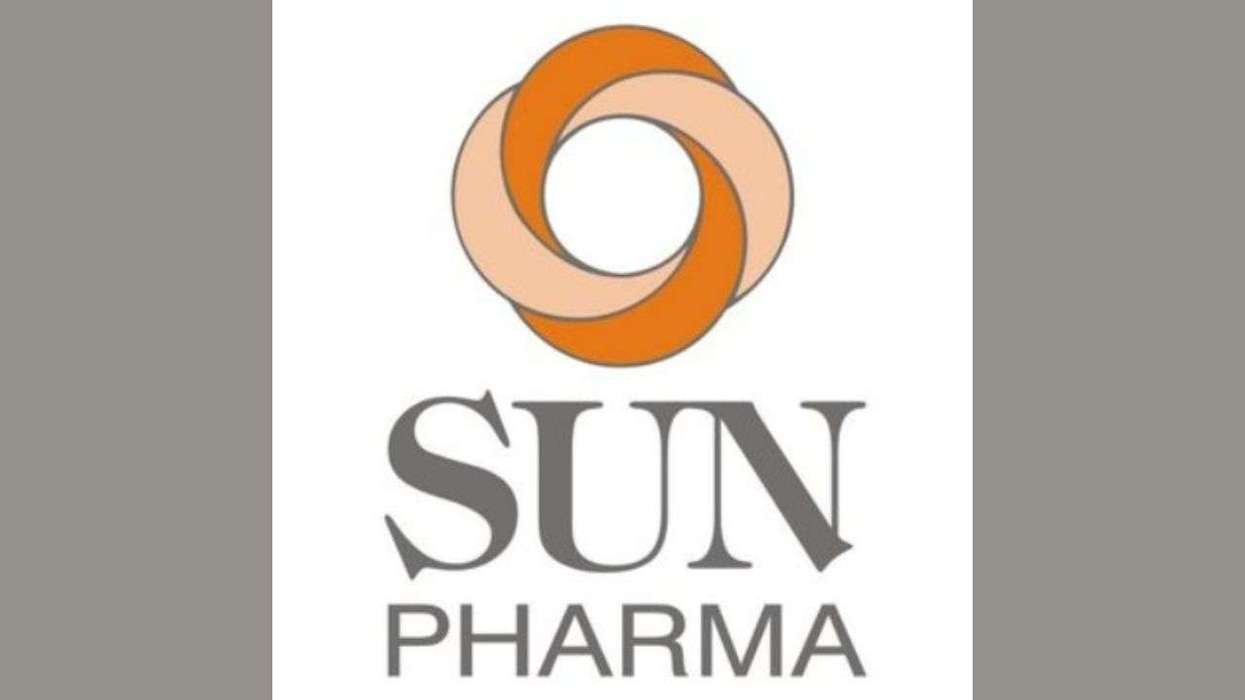Acknowledging the sector's urgent need to resolve CPCF negotiations, CPE reiterates its commitment to securing the best possible outcome
Community Pharmacy England (CPE) has provided an update on the ongoing 2024/25 and 2025/26 Community Pharmacy Contractual Framework (CPCF) negotiations with the Department of Health and Social Care (DHSC) and NHS England.
“The Negotiating Team are continuing in-depth negotiations with DHSC and NHS England,” the Committee said, adding that they are focused on securing the “best outcomes” for pharmacy owners.
CPE chief executive Janet Morrison acknowledged that this is “an extremely stressful and worrying time” for all pharmacy owners and there’s an urgent need to resolve negotiations as robustly and speedily as possible.
However, she emphasised that due to the Government’s strict confidentiality requirements, they cannot share further details about the negotiations or offer any running commentary until an official announcement is made.
“As with every negotiation, we are working to secure the best possible outcome for the sector and after detailed negotiations the full Committee will decide whether to accept or reject the final offer.
“We will announce the outcome – and our analysis of what it means – as soon as possible once negotiations conclude,” she said.
The 2024/25 and 2025/26 negotiations were a key topic during the Committee’s recent meeting in London, where they dedicated significant time analysing and discussing the initial offer put to them and providing a mandate for the Negotiating Team on the key issues, priorities and red lines.
The Committee also reviewed the draft findings of the NHS England-commissioned independent economic review of the sector, known as the Economic Analysis, which aims to inform thinking about pharmacy funding and the cost of delivering the NHS service.
Further comments were submitted to the report’s authors, and the final version will be considered as part of the ongoing CPCF negotiations, the Committee said.
Additionally, the Committee discussed CPE’s budget, levy, and workplans for the upcoming financial year.
While maintaining a focus on cost control, members approved a recommendation from the Audit and Risk Subcommittee for a 2% increase in the levy collected from Local Pharmaceutical Committees (LPCs) starting April 2025, which is expected to be covered largely by LPC reserves.
For the first time, recently appointed non-CCA multiple observers - the Managing Director of Jardines (UK) Ltd and Superintendent Pharmacist of Pearl Chemist Group - participated in the meeting.
They contributed to discussions on a recommendation from the Governance and People Subcommittee regarding proposed changes to the Committee’s composition and constitution, as well as those of LPCs.
These proposals will now be subject to a consultation process with key stakeholders across the sector, including LPCs and other industry bodies.













